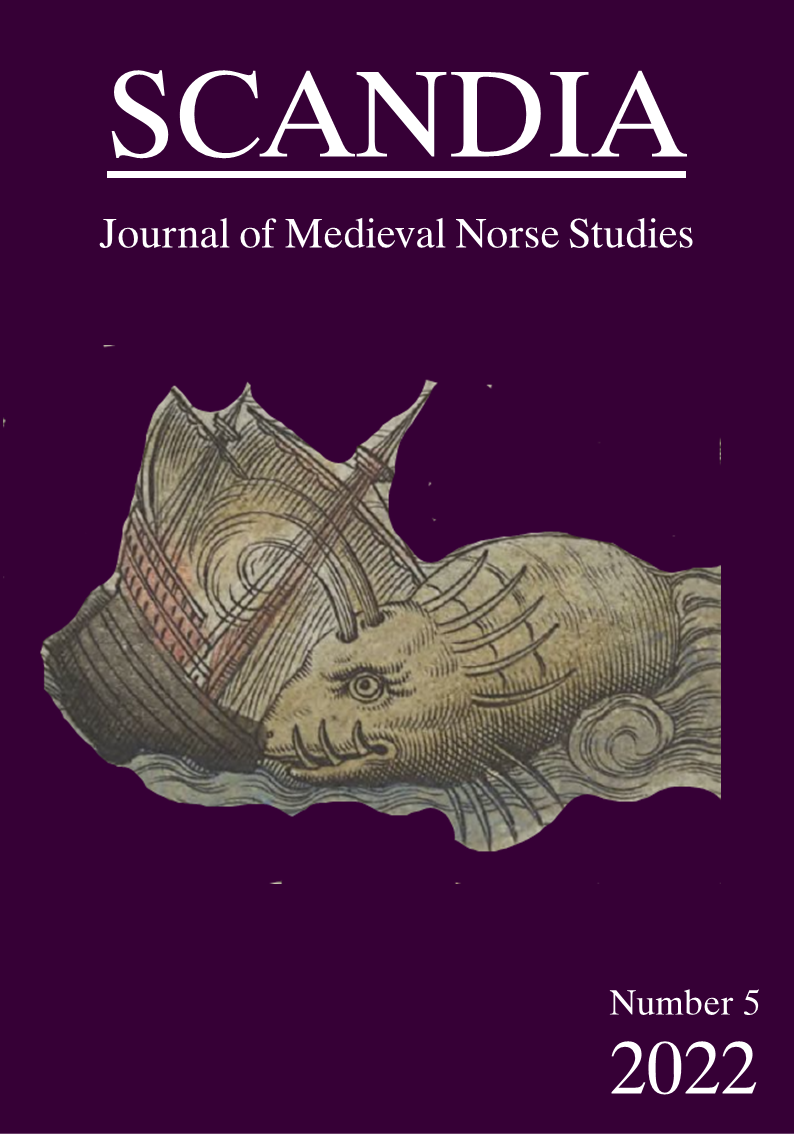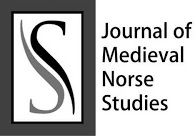‘È ANDATA COME PENSAVO’
Resumo
Analizzare le saghe norrene attraverso la poetica cognitiva, ci permette di tracciare strutture mentali come schemi cognitivi (frame) che aiutando a pianificare strategie di risoluzione dei problemi grazie all'immaginazione creativa. Diversi frame strutturano uno script, ovvero, scenari complessi di sequenze di azioni prefissate, come i rituali. Quando vengono tradite le aspettative di uno script, si attiva una risposta emotiva che funge da attrattore cognitivo. Prendendo come esempio la Gísla saga Súrssonar, possiamo vedere come lo script rituale all'inizio della saga, in cui i protagonisti falliscono un patto di fratellanza di sangue, venga trasgredito innescando una catena di terribili conseguenze. Questa trasgressione comporta delle risposte cognitive emotive nel lettore, che, notando la trasgressione di un copione rituale, predice l'esito negativo della storia. Il lettore della saga prevede un destino avverso ai protagonisti, dovuto anche alla presunta superconoscenza e super-percezione delle divinità che, chiamate a testimoniare un patto di sangue non rispettato, negano il loro favore ai protagonisti, lasciandoli in balia del proprio destino. La conferma della conclusione vergognosa potrebbe portare a comportamenti prosociali nei lettori, attivando la consapevolezza della responsabilità personale e delle conseguenze delle proprie azioni.
Downloads
Downloads
Publicado
Edição
Seção
Licença
O(s) autor(es) do original apresentado se compromete(m) a cumprir o que se segue:
- Todos os autores responsabilizam-se publicamente por ele.
- Os autores afirmam que este original é de sua autoria e que assumem integral responsabilidade diante de terceiros, quer de natureza moral ou patrimonial, em razão de seu conteúdo, declarando desde já que a obra não infringe quaisquer direitos de propriedade intelectual de terceiros.
- O(s) autor(es) concordam em ceder os direitos autorais do original à Revista Scandia, à qual concedem permissão para sua reprodução, edição e publicação on-line.
- O(s) autor(es) outorgam seus direitos autorais de seu original à Revista Scandia, licendiado sob a Criative Commons Attribution License, que permite o compartilhamento deste trabalho com o reconhecimento de sua autoria.
- O(s) autor(es) têm permissão e são estimulados a citar e distribuir seu original.



